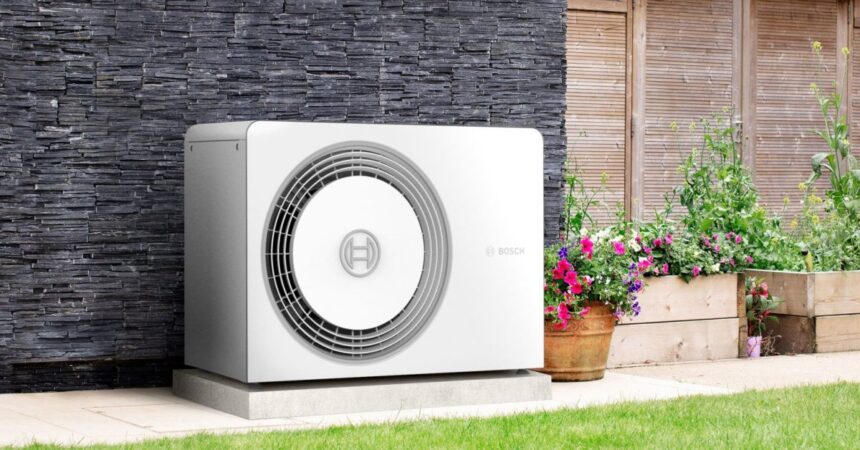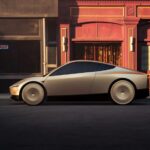The US Department of Energy’s Residential Cold Climate Heat Pump Challenge has been a resounding success, with eight manufacturers now bringing their improved products to market. Heat pumps are a vital clean energy technology that has the potential to reduce household energy bills and cut carbon emissions. However, they have faced performance issues in colder climates in the past. The challenge, established in 2021, aimed to address these issues, and the results have been promising.
In collaboration with Oak Ridge National Laboratory and Pacific Northwest National Laboratory, manufacturers such as Bosch, Carrier, Daikin, Johnson Controls, Lennox, Midea, Rheem, and Trane Technologies completed prototype testing and then tested their heat pumps in real homes across the US and Canada. Lennox and Carrier have already started production of their cold-climate heat pumps. These new heat pumps have proven to deliver heat reliably even in the coldest winter months, operating at temperatures as low as -15F while meeting energy efficiency requirements. The Department of Energy believes that these new cold climate heat pumps could help households in colder areas transition to efficient electric heating and save on energy costs.
Zoe Eckert, sustainable energy program and policy senior manager at the Massachusetts Municipal Wholesale Electric Company, praised the CCHP challenge for bringing together manufacturers and stakeholders to address a real issue in the energy industry.
Building on the success of the Residential CCHP Challenge, the DOE is now focusing on making heat pump technology work for commercial buildings. A new tech challenge has been launched with nine manufacturers to improve rooftop heat pump units for businesses, schools, and stores. The project aims to enhance RTU efficiency and performance in cold climates, with the potential to reduce emissions and energy costs by up to 50%. The manufacturers will collaborate with the DOE and national laboratories to create prototypes and conduct field validations with partners like Ikea, Amazon, Target, and Whole Foods. This initiative is set to run through December 2027.
These efforts mark significant progress towards reducing building emissions, which currently account for 40% of US greenhouse gases. The DOE’s initiatives align with the broader goal of the Biden-Harris administration to achieve net zero electricity by 2035 and a net zero economy by 2050.
To learn more about the latest advancements in heat pump technology, you can read about a US company’s heat pump that operates below -22F. As we continue to innovate and collaborate in the energy industry, these advancements bring us closer to a more sustainable and efficient future.




